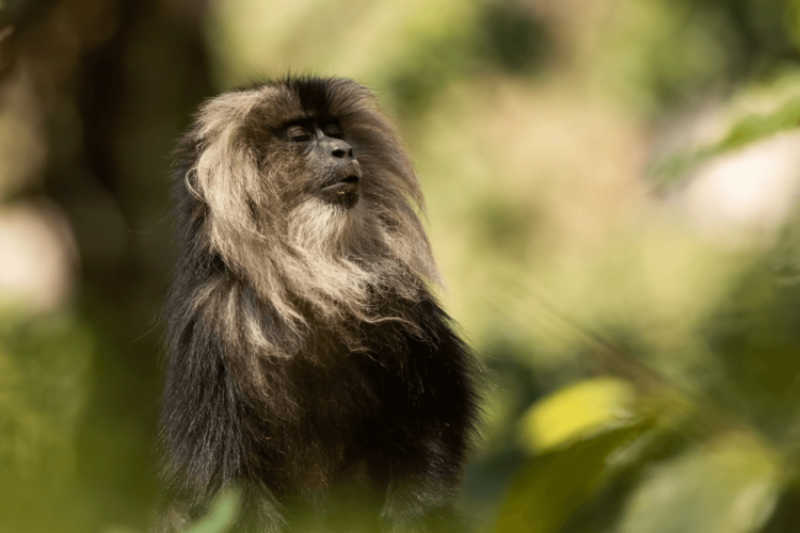More than 200 species of primates shared a common ancestor some 65 million years ago — and scientists have found that 3% to 5% of the genes in the human genome, which descended from this lineage, has remained unchanged in all this time.
…
These evolutionary records could play an important role in improving human health. The aim of genetics research is to identify functional DNA sequences, understand genetic causes, understand the role of these elements in complex diseases, and improve diagnoses, the scientists said.
Conserved genes are genes that natural selection has not changed. They include parts of the genome that don’t encode proteins. These non-coding genes have variations that scientists have linked to our risk of developing various diseases. However, identifying such genes across closely related species has been challenging.
These sequences potentially constituted up to 5.1% of the genome in humans.
Researchers say such high levels of conservation, specifically across primates, indicate they are responsible for the development of characteristic features in humans, apes, and monkeys. Their analysis also revealed that mutations in the non-coding regions often cause genetic disorders, including high cholesterol.































